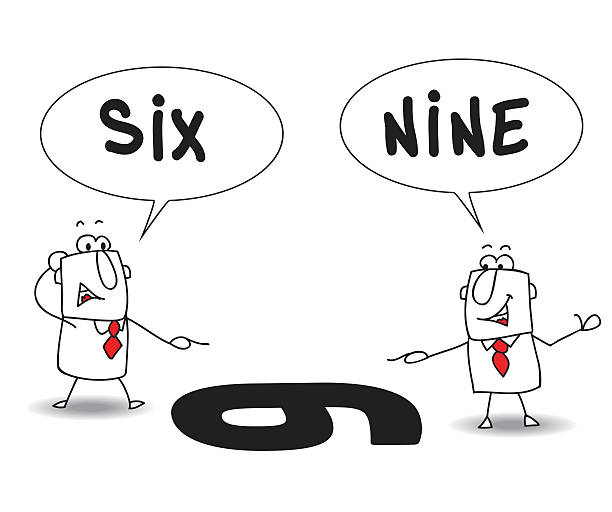I forget whether it was this week or the last, but something I do remember was the discussion of how important it is to get diverse viewpoints. We recently did an activity in class, where we had to list out all the books we read in high school. Out of the 28 books I read, only 6 of them were written by women or people of color.
While the obvious answer would be to just go out there and find new viewpoints, it's a lot more difficult than it sounds, especially in a system designed to go against that. After all, isn't it the school that selected most of these books to read? And while the school system isn't completely perfect, I do appreciate that they try to highlight books about oppression, sexuality, and other cultures. I have discovered great books in Invisible Man, The Color Purple, and Waiting through the school district. While there's still a long way to go for true equality in literature, we have a good start on it right now.
But if we expand our lens outside of just school, there's obviously a massive problem at hand: confirmation bias. This means that people are only willing to listen to or agree with facts that confirm their pre-existing beliefs. This problem, I feel like, is further increased by the advent of social media. Sites like Twitter, Tis Tok, and Reddit have machine-learning algorithms to tailor their content for every individual. And while that may sound like a good thing, as people will only receive content they're actually interested in, it may end up hurting us more than helping us. This type of content-tailoring usually leads to news and viewpoints that only agree with ours, and this creates a sort of "echo-chamber," where we believe that everyone thinks like we do. It compounds our ability to see other views and makes us one-dimensional in terms of thoughts. There has to be a larger effort to encourage people to step out of their comfort zones and find sources filled with facts and differing opinions.

Comments
Post a Comment